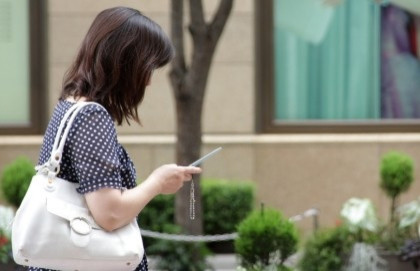BoJ says expanding asset buy program an option; Oct. retail sales drop

The Bank of Japan (BoJ) Governor Masaaki Shirakawa said on Monday expanding the asset purchase fund could be an option if the economy worsens beyond the central bank's expectations, even as government data showed retails sales in October fell unexpectedly.
Japanese retail sales dropped 0.2 percent in October on a year-on-year basis, much weaker than the consensus of a 0.7 percent rise, as the data took a hammering by the persistent weakness in the auto sales.
The Bank of Japan (BoJ) had last month launched a new 5 trillion-yen ($59.5 billion) fund to purchase assets in a bid to support spending and prices and pull the economy out of deflation.
On a monthly basis, sales dropped 1.9 percent after falling 2.8 percent in September.
Analysts have said the monthly falls in two consecutive months, and the first drop this year in year-on-year sales, would mean that total retail sales will almost certainly drop sharply in the fourth quarter as a whole.
If sales are unchanged at October's level in November and December, they will have fallen by 3.3% q/q, Capital Economics economists Julian Jessop and Vishnu Varathan wrote in a note.
However, rising headline inflation due to higher food and tobacco prices will likely support the data in value terms but not in volumes, they said. Japanese government data showed last week inflation rose 0.2 percent in October, recording the first gain in almost 24 months. This was welcome piece of news for the government, which has been battling deflation since 1998.
The drop in retail sales despite the continued quantitative easing by the central bank suggests the lack of buoyancy in the economy, but economists have said the monthly drop was exaggerated by the expiry of government subsidies for car purchases.
The retail data alone give a misleadingly weak impression of overall consumer spending, which includes spending in other areas such as housing and services. Underlying trends here are more positive, helped by the recovery in the labor market, according to Jessop and Varathan. They said Capital Economics’ measure of core retail sales, which excludes autos, food and fuel, actually rose by 3.5 percent year-on-year.
© Copyright IBTimes 2025. All rights reserved.





















